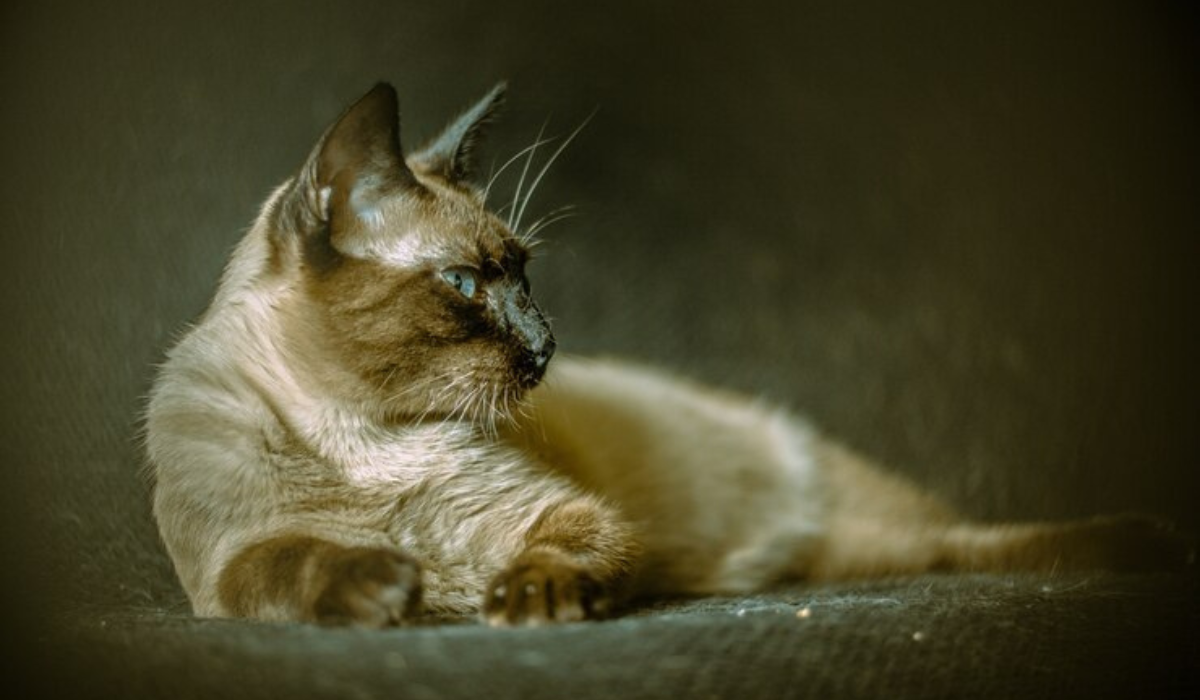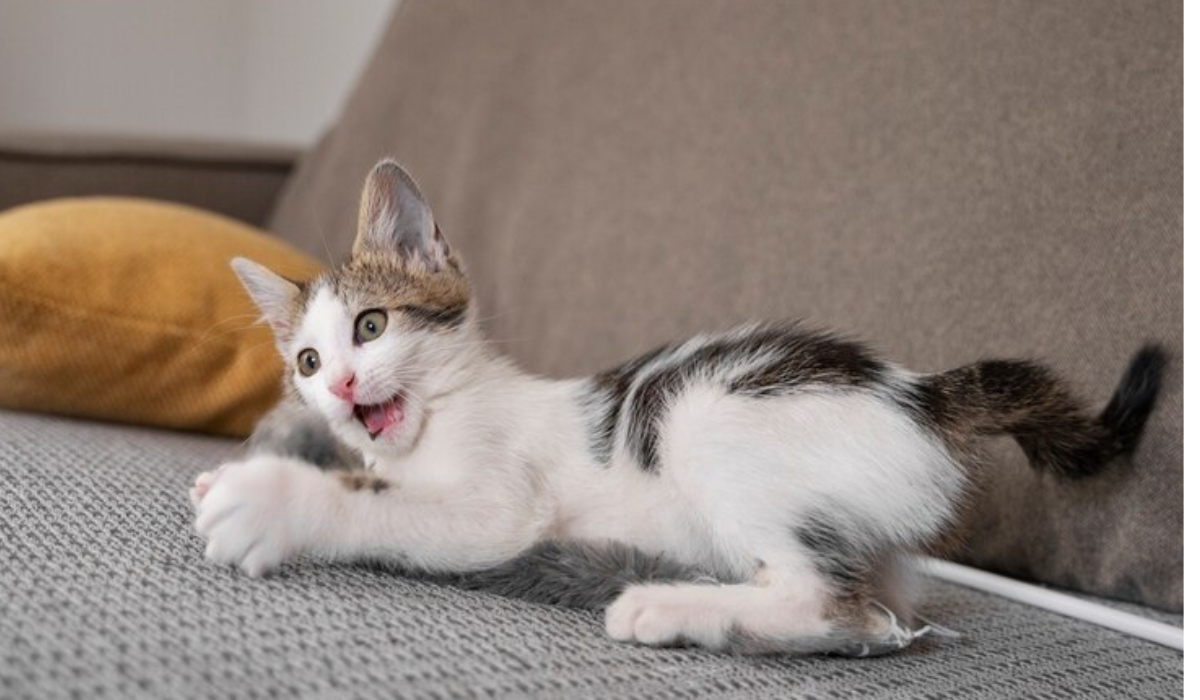If you’ve ever been startled by mysterious nighttime sounds, chances are it might be your feline friend engaging in some midnight antics. However, contrary to popular belief, the idea that cats are strictly nocturnal is a misconception. Let’s delve into the fascinating world of cat sleep patterns and explore the factors that influence their behavior.
Not Nocturnal, but Crepuscular:
Cats are not nocturnal creatures; instead, they fall into the category of being crepuscular. This means their peak activity is strategically timed during the transitional periods of dusk and dawn. Evolution has wired them to be most active during these hours to minimize the risk from natural predators.
Individual Variations:
Every cat is a unique individual, and variations exist in their activity patterns. While some cats may exhibit heightened activity in the middle of the night, others adhere to the standard crepuscular behavior. The reasons for these variations can be influenced by factors like age, temperament, and overall health.
Genetic Influence:
The sleep habits of domestic cats are deeply influenced by their genetics as descendants of wild hunters. Their natural hunting instincts, honed over centuries, dictate a pattern of activity that aligns with the behavior of prey species, such as rodents, which tend to be more active at night.
Human Influence:
Surprisingly, a cat’s sleep schedule may be influenced by the behavior of its human companions. Cats, being adaptable creatures, may adjust to their owner’s schedule, especially if the owner is active during nighttime hours. This adaptation can lead to cats being more active at night to engage with their human counterparts.
Why are cats active at nighttime?
Understanding the reasons behind a cat’s nighttime activity involves recognizing their intrinsic nature as hunters. Cats, whether domestic or wild, share common behavioral traits shaped by their evolutionary history.
Domestic Cats vs. Big Cats:
The sleep habits of domestic cats closely mirror those of their larger relatives in the wild. While most big cat species are known for hunting at night, not all follow a strictly crepuscular schedule. Some, like tigers, are generally nocturnal, while others, like pumas, are crepuscular.
The Importance of Cat Naps:
Despite appearances, when your cat appears to be napping during the day, they might be resting in preparation for short bursts of intense activity. This pattern of sleeping in short bursts between waking moments is different from humans and true nocturnal animals, which tend to have longer sleep sessions during the daytime.
Tips for Training Your Cat to Sleep at Night:
Coping with a cat’s nighttime escapades can be challenging, but there are strategies to encourage more restful behavior.
Adopt a Consistent Schedule:
Maintaining a consistent schedule for waking up and going to bed helps establish a routine for your cat. Inconsistencies can confuse your feline friend.
Feed Your Cat at the Same Time Every Day:
If your cat tends to cry for food during the night, feeding them at the same time every day can discourage this behavior. Consistent feeding times reinforce positive habits.
Increase Daytime Activity:
Ensuring your cat gets enough exercise during the day can reduce nighttime restlessness. Engage them with toys and activities that stimulate both mind and body.
Provide Enrichment Toys:
When you can’t play directly with your cat, enrichment toys offer mental stimulation. A stimulated mind contributes to a more content and restful cat.
Ensure Cozy Sleeping Spots:
Offering comfortable and safe sleeping spots for your cat during the day can contribute to better nighttime sleep. Cats seek cozy, secure spots for their rest.
When to Talk with Your Veterinarian:
Changes in your cat’s sleep schedule or behavior should be monitored, and any concerns should be discussed with your veterinarian. Just like humans, cats can experience insomnia or altered sleep patterns due to pain or underlying health conditions.
In conclusion, debunking the myth of cats being strictly nocturnal allows us to appreciate the intricacies of their behavior. Understanding their crepuscular nature, genetic influences, and the impact of human companionship empowers cat owners to foster a harmonious coexistence, even during the mysterious hours of the night.









